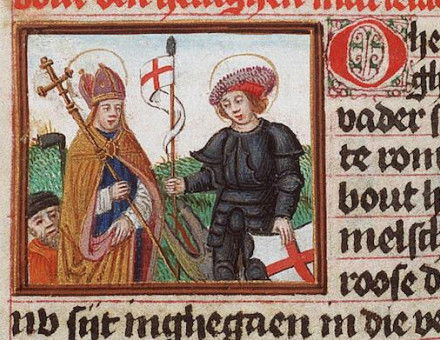Theodore Zeldin
Daniel Snowman meets a polymath who has rejected the label ‘historian’ to become a guru with interests ranging from the passions of the French to the New Age of conversation.
Once upon a time, Theodore Zeldin wrote books about nineteenth and twentieth century France. Nowadays he prefers to reflect upon the nature and future of intimacy, happiness, conversation and patterns of work. Is he still a historian?
‘I’m a historian in the sense that I’m constantly thinking about how things came to be the way they are and what lessons we can draw from that. The ultimate aim is to discover what one should do with one’s life – where we should go from here.’ The historian as futurologist. So where is Zeldin going from here?
‘At the moment I am looking at the nature of work. I visit the workplace and meet young people who tell me that they are dissatisfied with the traditional world of work.’ Zeldin defines work very broadly to mean what most people do, one way or another, for most of their waking hours. Many people tell him they feel they are wasting their lives in their work, enslaved to it in some cases. ‘Clearly one cannot just continue according to the patterns of the past. One has got to reinvent work. And I am interested in having a vision of what is possible.’ The historian as visionary.





